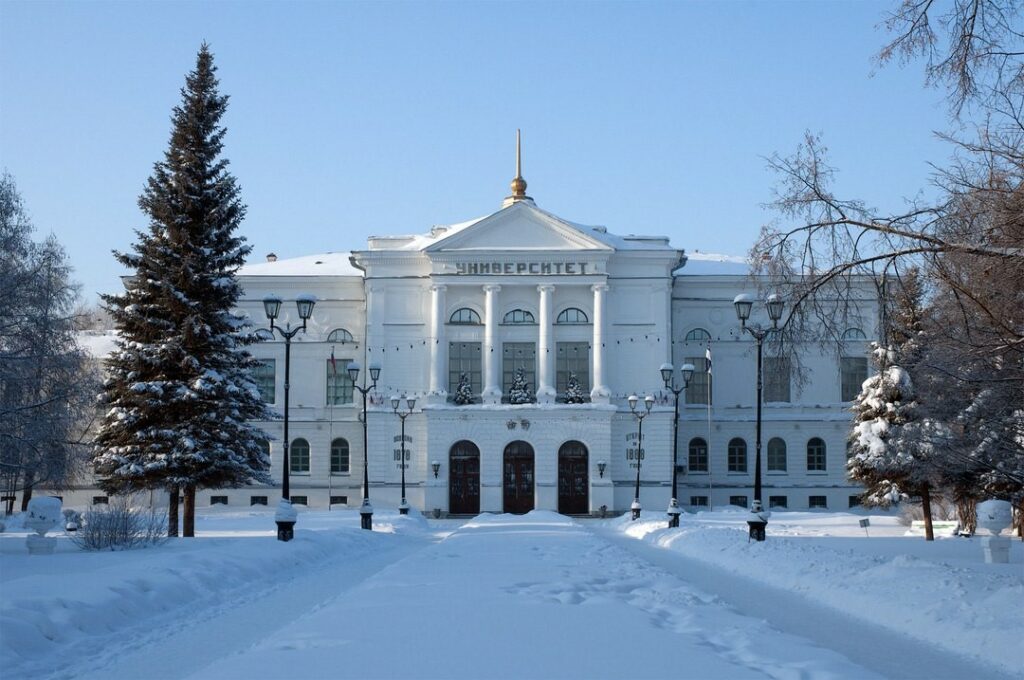
Scientists from Tomsk State University won two MegaGrants in biomedicine. They will elaborate a fundamentally new non-invasive approach for diagnosing viral and bacterial infections and develop an implant–bio-tissue interface for reconstructive surgery.
According to the press service of the university, one of the projects is aimed at developing methods for screening non-invasive diagnosis of viral and bacterial respiratory infections by laser spectroscopy and artificial intelligence methods. A large interdisciplinary team, which includes specialists in biophotonics and IT technologies, as well as clinicians, will be involved in elaboration of new diagnostic approaches. The project leader is Igor Lednev, a leading researcher from the University of Albany (New York), raman spectroscopy expert.
“One of the main approaches for detecting viral and bacterial infections will be the spectral analysis of exhaled air, biological fluids and biological tissues, in particular, the oral mucosa, which are the first to react to the invasion of pathogens,” says Yuri Kistenev, one of the project executors, head of the TSU Biophotonics Laboratory, executive director of the Institute of Biomedicine, TSU. “This approach can be used to diagnose coronavirus infection, which is now most often detected using PCR or examining specific antibodies in human blood. The development of new approaches will reduce the time and cost of diagnosis.”
The second project, the winner of the MegaGrant competition, will be performed by materials physicists from SPTI TSU in collaboration with medical materials experts from America, Germany, Canada and South Korea. The project is led by Alexey Volynsky, a scientist from the University of South Florida (USA), who specializes in surface engineering of biomaterials.
“The project is aimed at solving one of the most urgent problems in the creation of new medical implants, namely, ensuring maximum patient safety, treatment efficiency and appropriate implant selection,” explains Ekaterina Marchenko, head of the Laboratory for Medical Alloys and Shape Memory Implants, SPTI TSU. “A high quality of the implant–bio-tissue interface is critical for successful implant integration and restoration of tissue or organ. The development of principles for biomechanical evaluation of the biointerface of titanium nickelide implants with coating and biotissues is a new global stage of research.”
The press service informs that the projects are designed for three years. The total value of the projects will be 180 million rubles.
Earlier, it was reported that two projects of Tomsk Polytechnic University won two MegaGrants of the Government of the Russian Federation. They address the research and creation of new materials for biology, medicine and ’green’ chemistry.
Grants from the Government of the Russian Federation (MegaGrants) are allocated under Decree #220 in order to create world-class laboratories headed by leading scientists to conduct relevant and promising scientific research in 2021–2023. Their main tasks are to obtain breakthrough results, solve specific problems within the key areas of scientific and technological development, as well as train highly qualified academic personnel.
Source: Tomskiy Obzor

